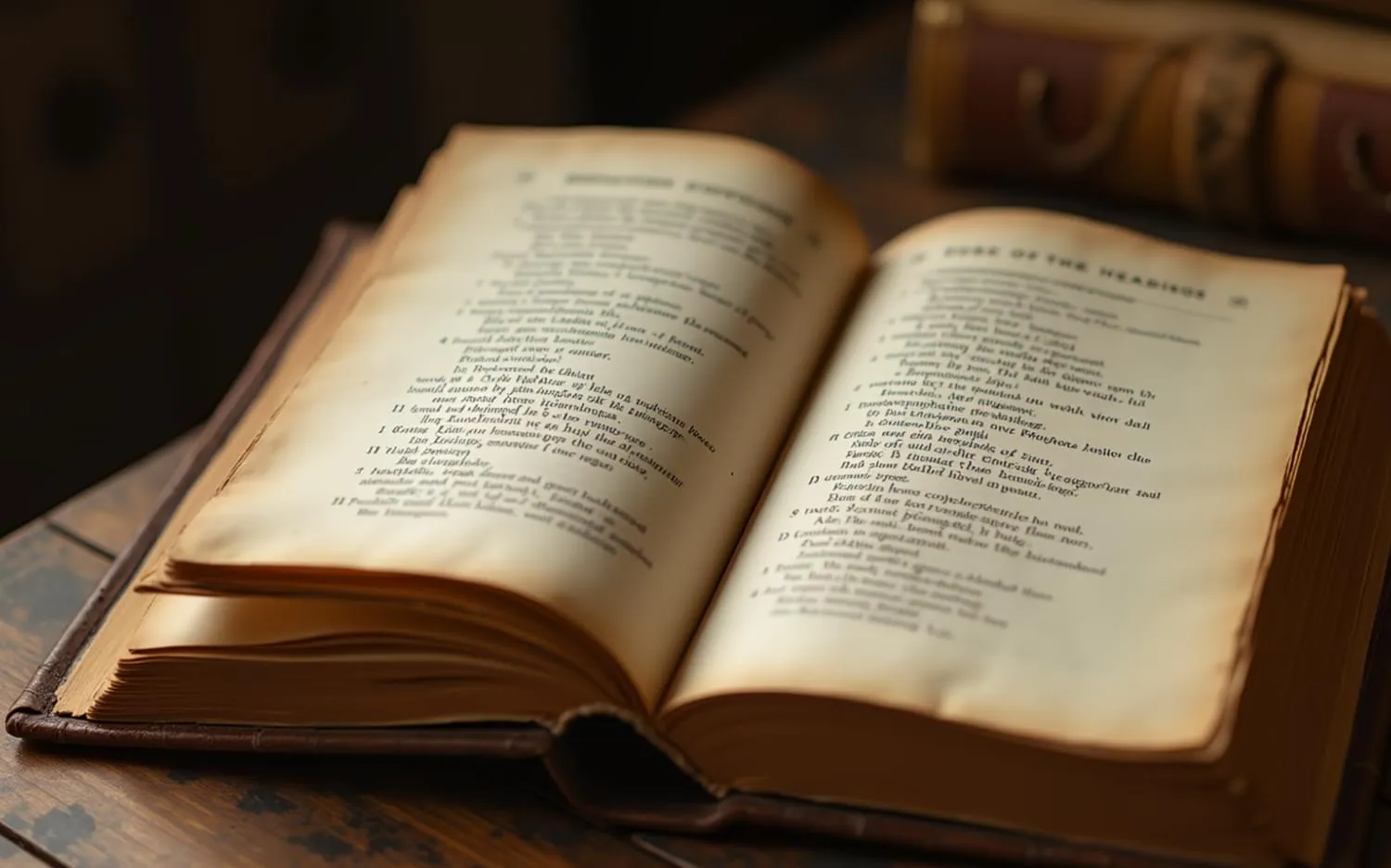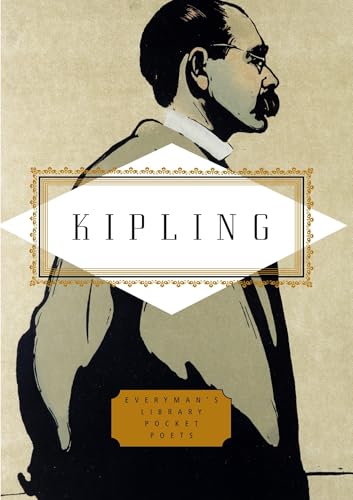Learning Poems

I’ve been enjoying learning poems for a few months now. It started when I heard a fantastic visual recitation by Lauren Southern of Rudyard Kipling’s The Gods of the Copybook Headings.
The poem is an echo from 100 years ago. Full of wisdom and a mirror held up to our generation. It’s deep and hard to understand, which was the reason I dug into it. I wrote a modern interpretation of the poem a few months ago.
And then I started learning the poem. First for fun, and I wasn’t sure I would be able to remember it because it’s long (10 stanzas with four lines). I was surprised and impressed when I was able to remember it after two weeks in its entirety.

I used a simple spaced-repetition method to remember it. I used the spaced-repetition application Anki, but there are other with similar features. And recently, I found a Flashcard-Based and Note-Based Spaced Repetition Plugin for Obsidian, the note-taking app of my choice.
Next, I learned the English translation of Epitaph for “Poet’s Tomb” by Shuntaro Tanikawa. I first heard the poem in the visual epitaph Hikari in 2017. The film remembers the Japanese poet Hiraki-san, who took her life after struggling with depression.
Compared to The Gods of the Copybook Headings, this poem was easy to learn in 1-2 days. Learning it in Japanese took longer, but I can recite it now. I had to use the cloze feature of Anki to learn the sentences step by step. It also helped me to use AI to let the words and grammar explain to me. It improved my Japanese skills a lot.
The next poem on my list is If— by Rudyard Kipling. It provides traditional advice about how to live a good life
and is considered to be one of the best examples of Victorian stoicism.
1
When I tried to remember what poems I had to learn in school, I couldn’t remember a single one. I think the reason is, that we didn’t have to remember any. I think we didn’t even read poems. I remember we sang the Niedersachsenlied (the song of the Lower Saxons) in music class.
I think learning poetry faded out in the generations before mine. My parents and grandparents had to learn poems in school. Sadly, we stopped learning poems.
But it is a fantastic way to train the brain and to remember the wisdom of our ancestors. If we stop, we lose our culture and the teachings of the past. This will result in making the same mistakes, or as a quote, misattributed to Mark Twain2 says History doesn’t repeat itself, but it often rhymes.
Footnotes
-
Jamie Jenson (2016): If— by Rudyard Kipling, https://poemanalysis.com/rudyard-kipling/if/. ↩
-
Quote Research (2014): History Does Not Repeat Itself, But It Rhymes, https://quoteinvestigator.com/2014/01/12/history-rhymes/. ↩